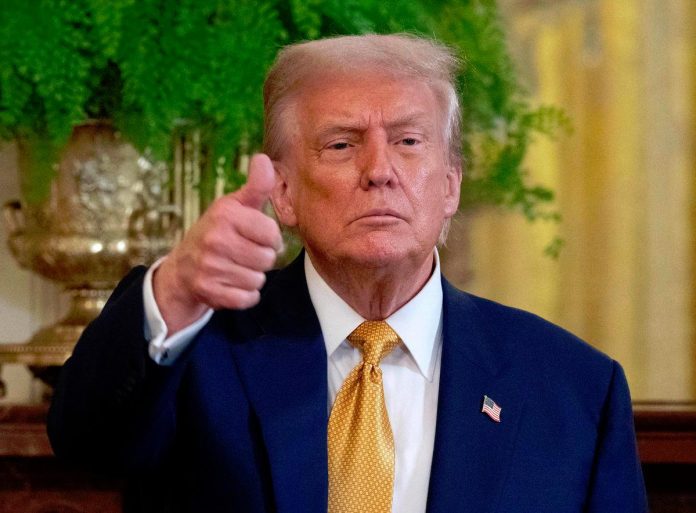RAROTONGA: A leading deep-sea mining firm in the Cook Islands is targeting commercial production by 2030, buoyed by former US President Donald Trump’s endorsement of the controversial industry.
Moana Minerals plans to extract polymetallic nodules—rich in cobalt, nickel, and manganese—from the South Pacific seabed amid growing environmental concerns.
Trump’s executive order earlier this year aimed at unlocking deep-sea mineral resources has given the industry fresh momentum.
“What he’s done is tasked his people to go and look at it seriously,“ said Moana Minerals CEO Hans Smit.
“It certainly is helpful that we are engaging with a lot of people that in the past would not give us the time of day. But they are listening.”
The US and China are both vying for dominance in deep-sea mining, seen as a key source of critical minerals for batteries and military tech.
The Cook Islands, home to one of the world’s largest polymetallic nodule deposits, signed a contentious mining deal with China this year.
Smit dismissed critics of the partnership, saying, “If you want to counter the Chinese, get off your arse and do something proactive.”
Kiribati, another Pacific nation, is also exploring a deep-sea mining agreement with China, which already controls major mineral deposits.
Smit remains optimistic about launching industrial-scale mining before 2030, despite regulatory hurdles.
The International Seabed Authority (ISA) has yet to finalize mining regulations, prompting Canada’s The Metals Company to consider exploiting US loopholes to mine international waters.
Smit acknowledged their frustration but stressed the need for clearer rules.
The Cook Islands government supports deep-sea mining but remains cautious.
“We believe that the Cook Islands government and the people can make an informed decision,“ said spokesman Edward Herman. – AFP








